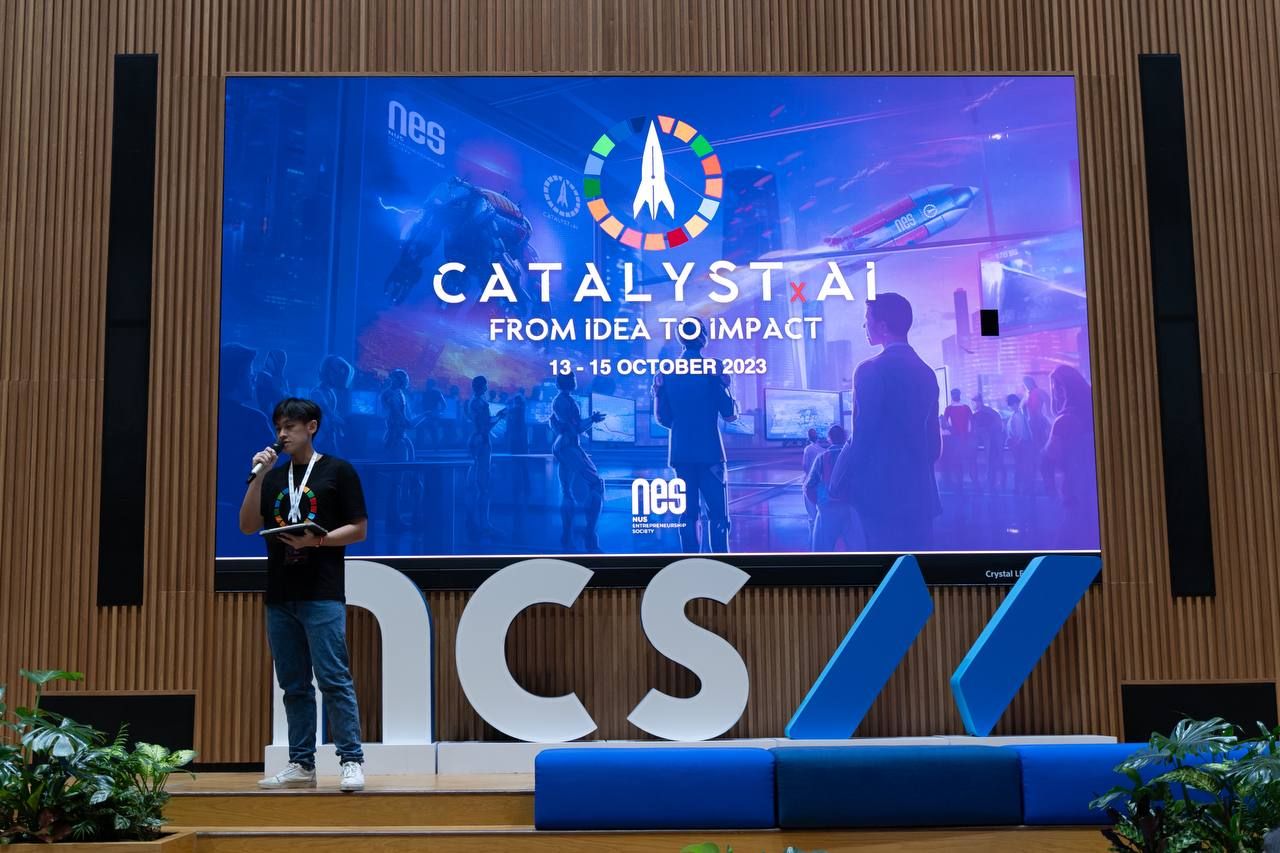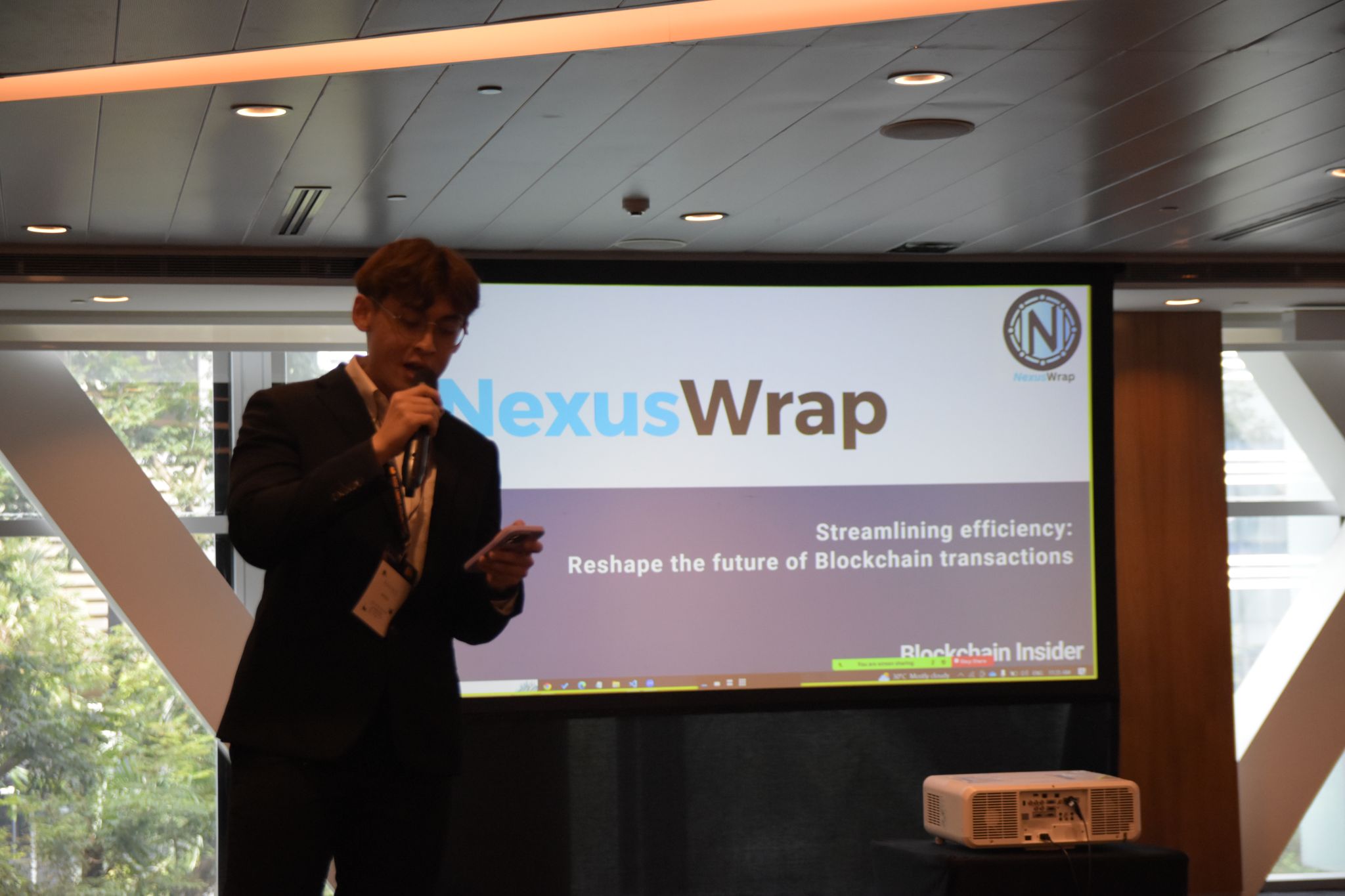What separates a great hackathon project from a winning one? Often, it's not the idea itself but how it's communicated. In hackathons, we quickly learn that pitching is as important as coding.

Hackathon projects that win aren't always the most technically advanced. They win because they present a solution to a pressing problem and communicated it clearly and convincingly. In fact, some startups can raise millions without even a finished product because the founders can effectively communicate their vision. Winning pitches share a common trait: clarity, conviction, and a story that captivates the audience.
If you're participating in a hackathon, mastering the art of persuasion is essential. It's not just about showcasing your technical skills; it's about making others believe in your project and its potential.
An Invaluable Skill
You might wonder, why pitch it yourself? Because no one else can capture the passion behind your project like you can. You're the one who understands the problem and the motivation driving the solution. When you pitch, the audience sees not just the product but the person who believes in it. This authenticity is powerful and often what truly inspires listeners.
Communication is everywhere—from brainstorming to the final pitch, it's the foundation of every winning project. How do you convince judges to choose your project? How do you align your team to deliver a working product in 48 hours? Persuasive communication is a vital tool, and anyone can learn to wield it.
Create Stories that Stick
What makes a pitch unforgettable? Create a memorable and relatable story that brings ideas to life. In hackathons, where you have only a few minutes to pitch, storytelling is a superpower. A strong pitch transforms technical ideas into a journey, leading the audience from a problem to a unique solution and explaining the "why" and "how" behind it.

Know Your Audience
As tech enthusiasts, it's tempting to dive deep into the technical details and complexity of our solutions. I made this mistake frequently in my early hackathons, only to realize that the audience's perspective shapes what they care about most. Tailoring your pitch to the specific audience—whether judges, sponsors, or potential users—can make all the difference.
In hackathons, judges are often focused on the problem your project addresses, or they may value creative uses of a sponsor's technology. In these cases, emphasizing real-world impact and feasibility will likely resonate more than technical details alone. Knowing these nuances helps you deliver a pitch that speaks directly to the listener, making it both memorable and persuasive.
My Experience
Hackathons have taught me that communication is just as important as code. Skills like storytelling and persuasion are critical not only for hackathons but for life. Whether I'm presenting code to fellow colleagues, discussing features with teammates, or even pitching to judges, effective communication can make or break my project's success.
I've seen founders pitch their projects passionately, using storytelling, metrics, and insights to elevate their presentations. Watching their confidence has inspired me to bring that same level of authenticity to my own projects. Ultimately, the best ideas are those that people believe in.
Final Thoughts
Finally, technical participants should prioritize communication as much as their technical skills. Focus on the problem, the solution, and the impact. Simplify complex ideas and make it personal—tell a story that sticks long after the pitch is over.
Building the skill of effective communication will help elevate your interactions at work as a software engineer. It's not just about being heard; it's about being understood. When you can communicate your ideas clearly, you've mastered a skill as valuable as a completed project.

"People don't buy what you do; they buy why you do it."
- Simon Sinek
